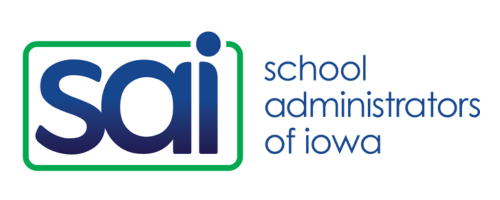How School Leaders Can Guide the Work of Paraeducators
Help your paras to think preventively and act responsively.
Principal Matthew Bowerman discusses how he has supported paras to ensure they can be their best in their role.
Bowerman identifies 3 key “Para Aware” principles that are foundational to the para role:
- Self-aware. Paras need to understand their own energy. How they show up influences their impact.
- Student-aware. Paras need to “recognize and respond, not react, to students’ emotional and behavioral needs with empathy, patience, and consistency.”
- School-aware. Paras need to be creative problem-solvers who are flexible in their approaches based upon student needs.
The leader’s role is to remind paras of these behaviors and practices that contribute to students’ safety and emotional well-being. How might you communicate these insights to your paras?
- “Your responsiveness or reaction will often dictate the response of the student.”
- You model for students positive coping strategies; so you deserve good mental health and self-regulation. Take care of yourself.
- When you listen to students’ stories and needs without judgment or bias, you hold space for them.
- Invest daily in your relationships with students to build trust.
- Recognize triggers. When you know what can lead to dysregulation for the students you serve, you can take steps to deescalate and help the student return to a sense of safety and control.
- Partner with teachers to create an environment that supports all students.
- “Validate student’s emotional experiences: Show understanding by reflecting back what the student says, such as “It sounds like you had a tough morning. Do you want to share more about what happened?” “I see you are mad; is there anything I can do to help?””
- Model self-regulation techniques like breathing, drawing, tapping (forehead, temples, chin, etc.), positive self talk, and others.
- Offer affirmation using language that empowers and focuses students on their positive behavior and effort.
- Ask for help when you need it.
Read the full article here.
